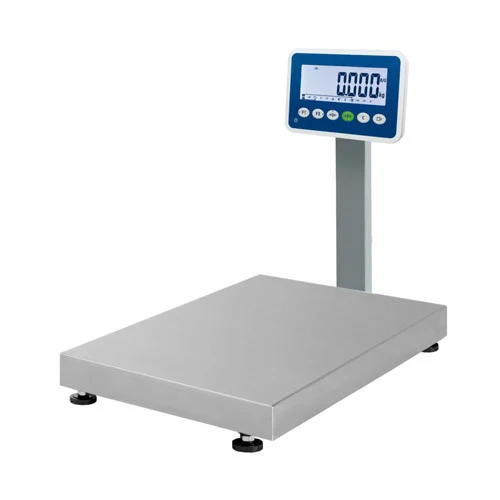In today’s fast-paced world, accuracy and efficiency are paramount, especially when it comes to measuring weight. Digital scales have emerged as essential tools in various sectors, from retail and healthcare to culinary arts and logistics. This blog explores the advantages of digital scales, their applications, and tips for choosing the right one for your needs.
What Are Digital Scales?
Digital scales are weighing devices that provide a digital readout of weight measurements. They utilize advanced load cell technology to deliver precise and reliable readings, often featuring additional functions like tare, unit conversion, and memory storage.
Benefits of Digital Scales
Accuracy: One of the standout features of digital scales is their precision. They can measure weight to a fraction of a gram or ounce, making them ideal for environments where exact measurements are crucial.
Ease of Use: Digital scales typically have user-friendly interfaces, often with large displays that make readings easy to read, even in dim light. Many models feature automatic shut-off to conserve battery life.
Multiple Functions: Many digital scales come equipped with features such as tare (subtracting the weight of containers), unit conversion (switching between pounds and kilograms), and memory functions that store frequently used weights.
Portability: Digital scales are available in compact designs, making them easy to transport. Whether you need a scale for home use or on-the-go measurements, there’s likely a model that fits your needs.
Hygienic Options: Many digital scales feature smooth, easy-to-clean surfaces, which is particularly beneficial in food preparation and healthcare settings.

